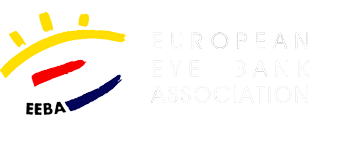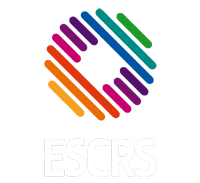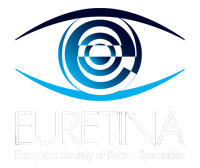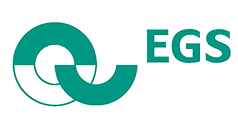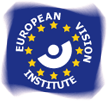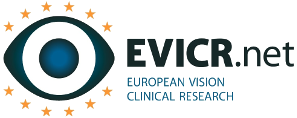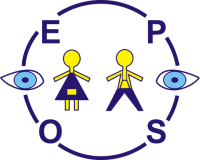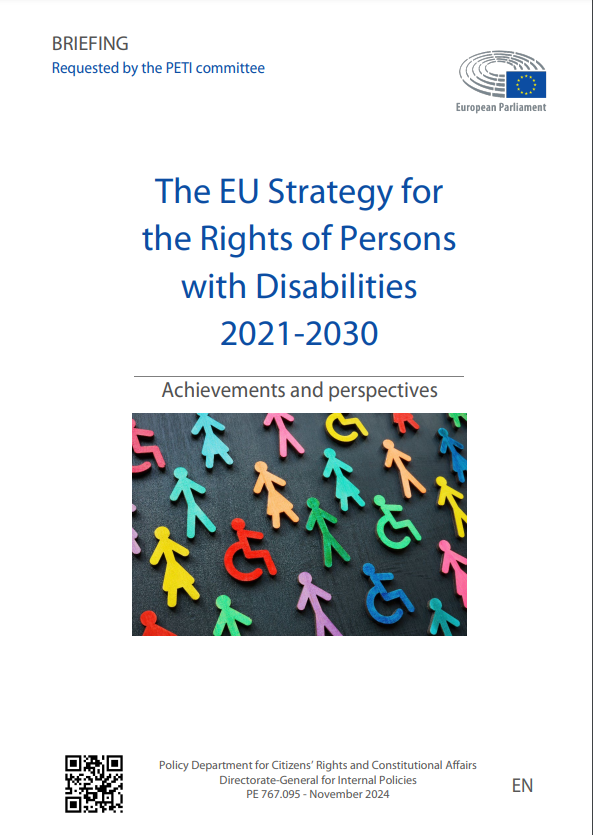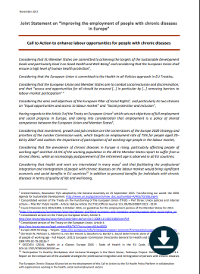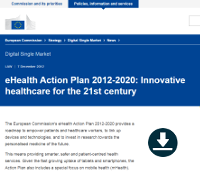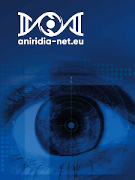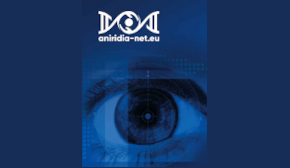2024 EU4Health Work Programme
EU4Health is the fourth and largest of the EU health programmes since their launch in 2003. The EU4Health programme is an investment with an initial €5.3 billion budget for the 2021-27 period, reduced to €4.4 billion following the revision of the 2021-2027 MFF.It is implemented by HaDEA which also manages calls for proposals and tenders from 2021 to 2027. The programme and its calls represent an ambitious response to the COVID-19 pandemic, but go beyond crisis response to address the resilience of European healthcare systems and contribute to a healthier Europe.
Ongoing call for experts to assist with:
- Assessing applications for EU funding (including prizes and tenders)
- Monitoring of EU funded projects and contracts
- Giving advice on specific issues.


